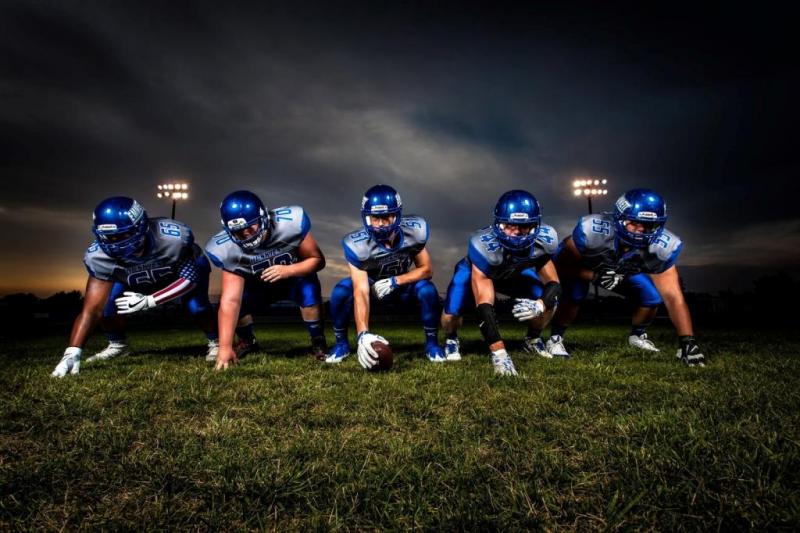Unexpected Supreme Court Decision Decriminalizes Sports Betting in the United States
The Professional and Amateur Sports Protection Act of 1992 was a law that was passed in order to prohibit states from authorizing any form of sports gambling. This law was enacted in order to prevent states from running any form of betting which would then later be used to raise funds for the state.
This was because sports betting did not only tarnish the reputation of the leagues, but this form of gambling also became a source of funds for unscrupulous organizations. The law, however, did not encompass bets made between friends and bets made on animal races. In similar fashion, NFL point spreads are also not illegal and are therefore totally fine.
There is, however, only one state in the USA where it is legal to bet on the results of a game -- Nevada.
NO LONGER ILLEGAL
In recent developments, the Supreme Court has voted in favor of a move to strike down the aforementioned law. After a 6-3 Supreme Court ruling, about 32 states may soon have the power to legalize sports betting in the next few years.
However, one shouldn’t misunderstand this decision. The decision does not, in any way, explicitly legalize sports betting. This decision simply strikes down the law that deems sports betting illegal. The ultimate determinant whether or not sports gambling in your state is going to be legal will be determine by each state’s governors. The states are, in no way, compelled to legalize sports betting and may choose to ban it.
BUT WHY?
So, what exactly was the rationale behind the decision to strike down the Professional and Amateur Sports Protection Act of 1992? One word: Regulation.
See, from a basic political science standpoint, one cannot regulate that which is banned. If a particular act is deemed illegal, then the execution of such will always be viewed as a crime and an affront to the state. There is no recourse other than to have the violator undergo legal proceedings.
On the other hand, when you’re able to regulate a certain act, the governing power is able to set the standards by which that particular act can be performed. This means that the government will be able to minimize risks and well, let’s be real, they’ll also be able to tax it.
About $150 billion is being betted (illegally) on sports on a yearly basis. This is money that could potentially be used to fund other government projects versus the money simply landing in the hands of those who organize these illegal gambling meets. Besides, the majority of people are already doing it anyway and to enforce a ban on sports betting would mean that there may be a need to carry out an unprecedented number of arrests, far too many for the law itself to be of merit to the purpose it serves.

